Born in Wartenberg [now Stráž pod Ralskem], near Reichenberg [now Liberec], Bohemia, baptized Aug 12, 1644
Died in Salzburg, May 3, 1704
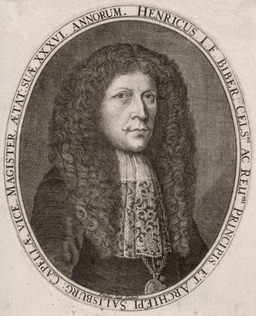

Born in Wartenberg [now Stráž pod Ralskem], near Reichenberg [now Liberec], Bohemia, baptized Aug 12, 1644
Died in Salzburg, May 3, 1704
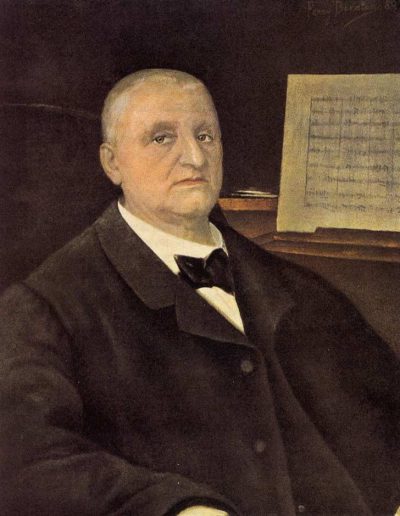
Born in Ansfelden, near Linz, Sept 4, 1824
Died in Vienna, Oct 11, 18963
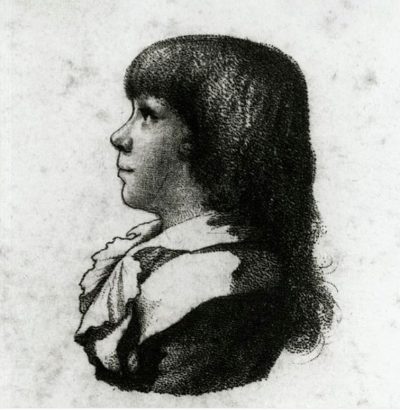
Born in Vienna, 17 Nov 1780
Died in Vienna, 3 Nov 18424
Short biographic article from Strings Magazine
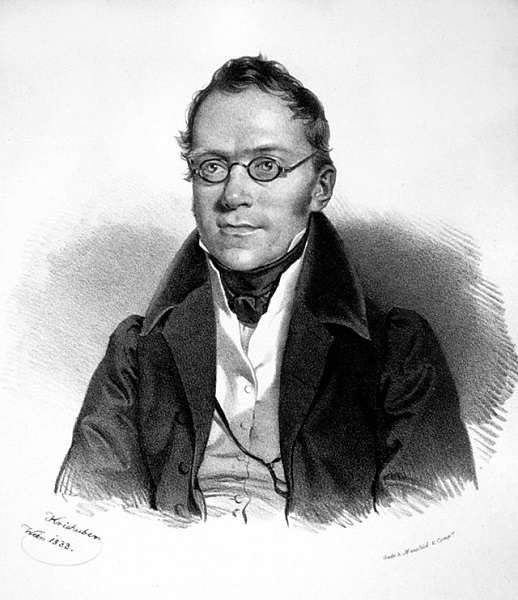
Born in Vienna, Feb 21, 1791
Died in Vienna, July 15, 1857
Pronounced “chair-nee”
Learn More
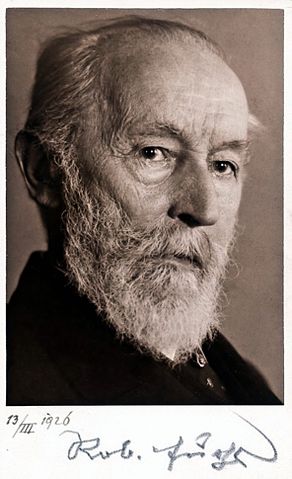
Born in Frauental, near Deutschlandsberg, Styria, Feb 15, 1847
Died in Vienna, Feb 19, 1927
“Fuchs is a splendid musician; everything is so fine and so skillful, so charmingly invented, that one is always pleased.”Johannes Brahms (1891)1
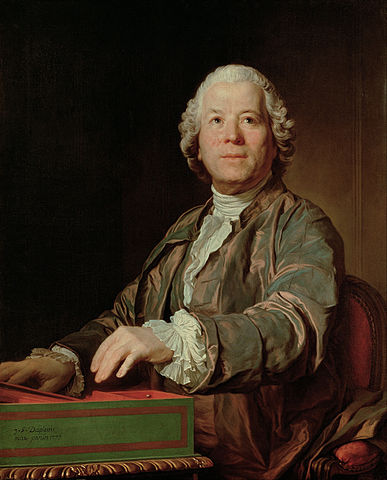
Born in Erasbach, nr Berching, Upper Palatinate, July 2, 1714
Died in Vienna, Nov 15, 1787

Born in Rohrau, Lower Austria, March 31, 1732
Died in Vienna, May 31, 1809
What’s Haydn’s Name?
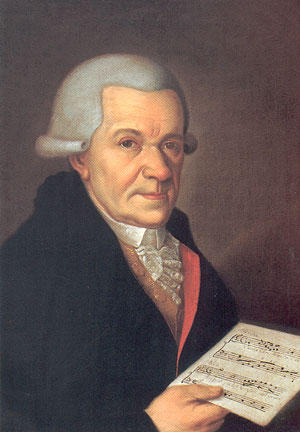
Born in Rohrau, Lower Austria, bap. Sept 14, 1737
Died in Salzburg, Aug 10, 1806
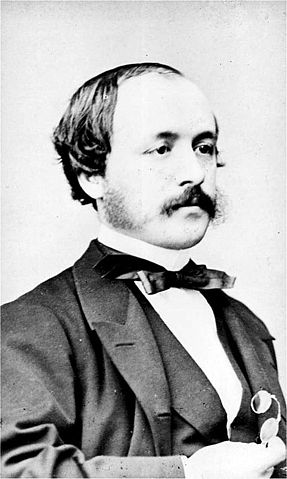
Born in Vienna, April 9, 1855
Died in Vienna, April 26, 1907

Born in Pressburg [now Bratislava], Nov 14, 1778
Died in Weimar, Oct 17, 183711

Born in Brno, May 29, 1897
Died in Hollywood, CA, Nov 29, 1957
“Korngold saw his films as ‘operas without singing’ and drew no distinction between writing in this genre and any other. He brought techniques of Wagner, Strauss, and Puccini into the cinema and, along with his fellow emigres in Hollywood… helped turn film music into an art in its own right.”
Jessica Duchen, BBC Music Magazine Vol. 30, No. 9
Learn More
Korngold Intro from Erich Korngold Society website
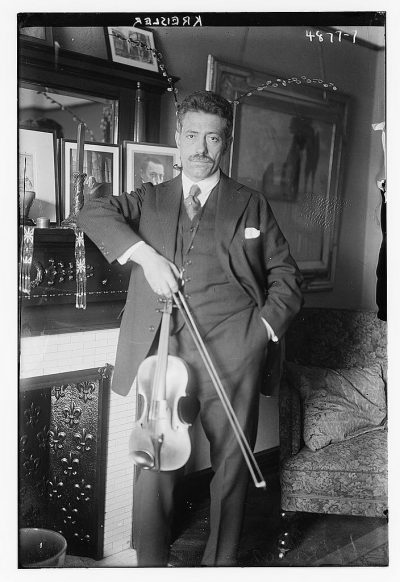
Born in Vienna, Feb 2, 1875
Died in New York, Jan 29, 1962
Learn More
Biography from Interlude, which goes into more detail about Kreisler’s military experience, among other aspects of his life.
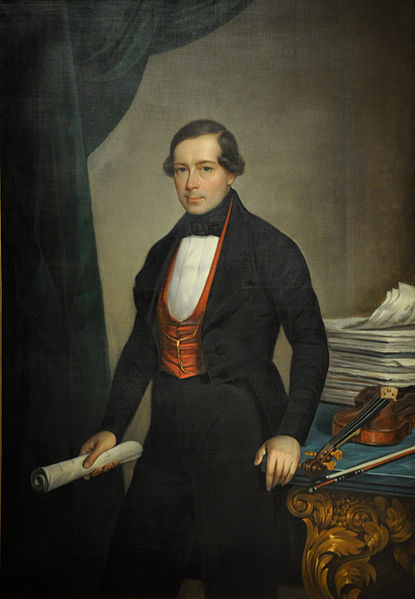
Born in St Ulrich, Vienna, April 11, 1801
Died in Oberdöbling, near Vienna, April 14, 1843

Born in Komáron, Hungary, April 30, 1870
Died in Bad Ischl, Oct 24, 1948
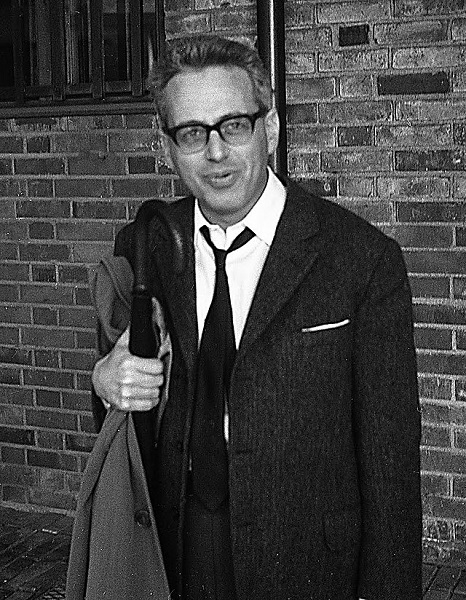
Born in Transylvania, May 28, 1923
Died in Vienna, June 12, 2006
Short biography
Composer’s website (translate to English)
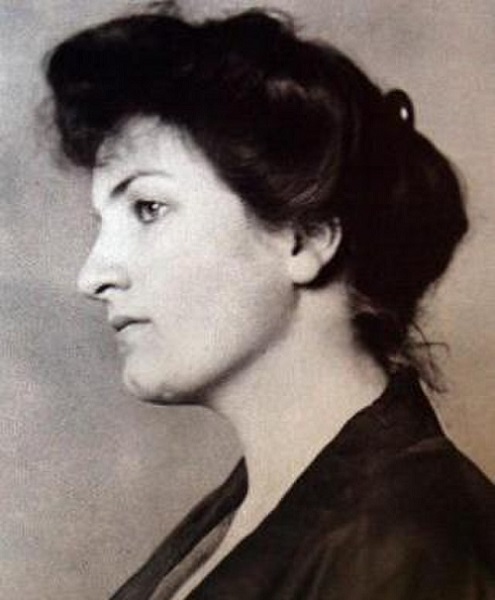
Born in Vienna, August 31, 1879
Died in New York, December 11, 196418
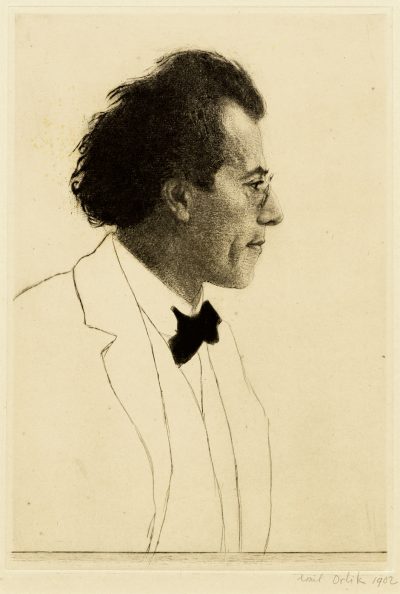
Born in Kalischt, near Iglau [now Kaliště, Jihlava], Bohemia, July 7, 1860
Died in Vienna, May 18, 191120

Born in Salzburg, Jan 27, 1756
Died in Vienna, Dec 5, 1791
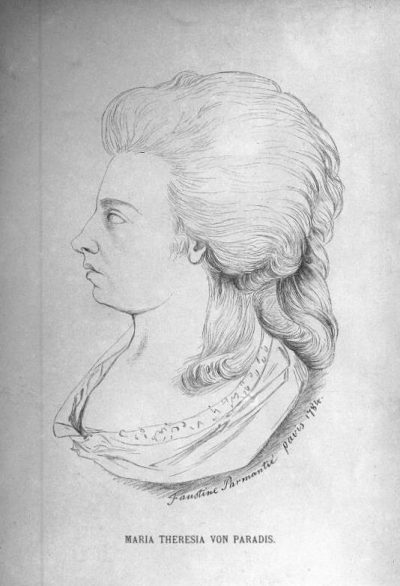
Born in Vienna, baptized May 15, 1759
Died in Vienna, Feb 1, 1824

Born in Prague, June 18, 1843
Died in Baden, Vienna, Aug 7, 1913
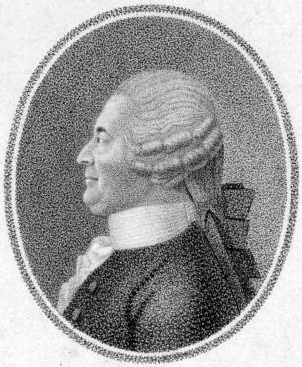
Born in Vienna, baptized April 6, 1708
Died in Vienna, March 11, 1772

Born in Vienna, May 4, 1860
Died in Berlin, Aug 2, 1945

Born in Scheibbs, Lower Austria, c.1620–23
Died in Prague, between 29 Feb and March 20, 1680
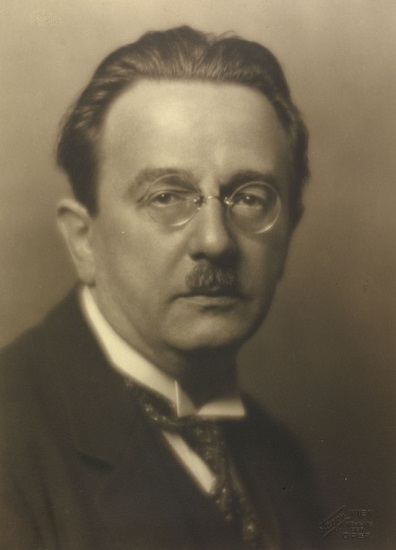
Born in Bratislava, Slovakia, December 22, 1874
Died in Perchtoldsdorf, Austria, February 11, 1939
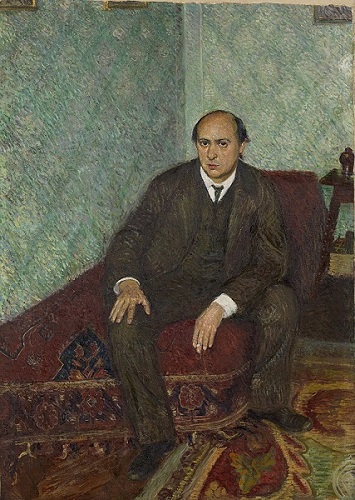
Born in Vienna, Sept 13, 1874
Died in Los Angeles, July 13, 1951
Learn More:
Biography from Britannica

Born in Monaco, March 23, 1878
Died in Berlin, March 21, 1934
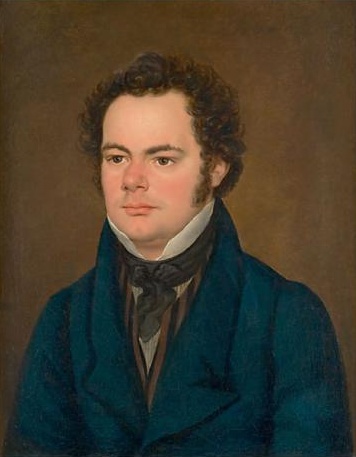
Born in Vienna, Jan 31, 1797
Died in Vienna, Nov 19, 1828
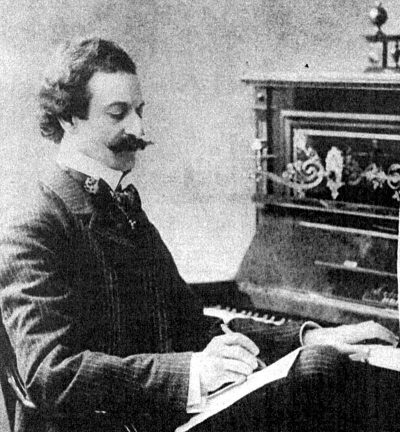
Born in Vienna, March 6, 1870
Died in Bad Ischl, Jan 11, 195430
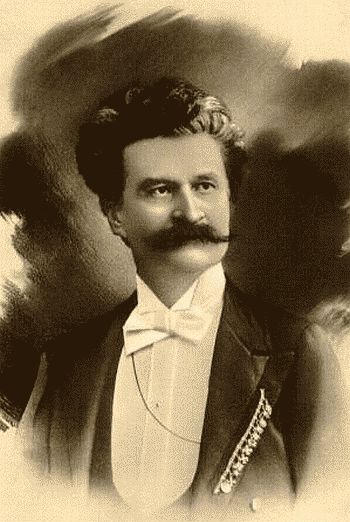
Born in Vienna, Oct 25, 1825
Died in Vienna, June 3, 189931
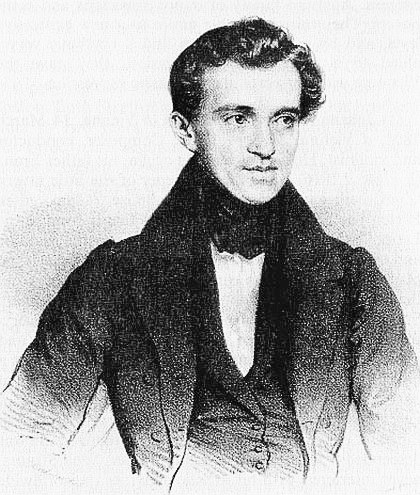
Born in Vienna, 14 March 1804
Died in Vienna, 25 September 1849
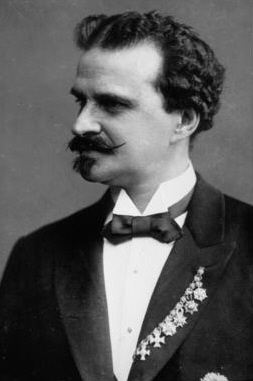
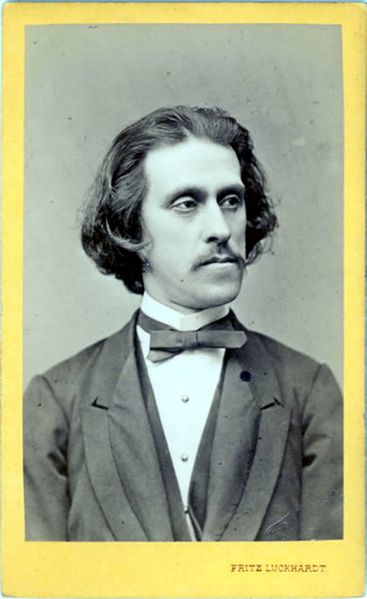
Born in Vienna, Aug 20, 1827
Died in Vienna, July 22, 1870
Learn More
Biography from Interlude
Short biography from the Johann Strauss Society of Great Britain
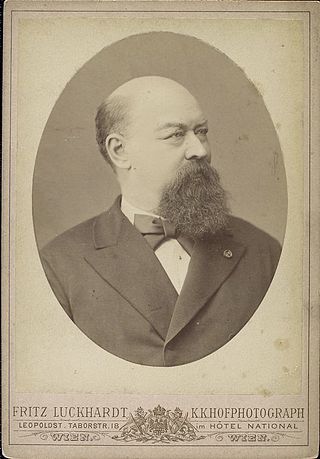
Born in Spalato, Dalmatia [now Split, Croatia] April 18, 1819
Died in Vienna, May 21, 189535
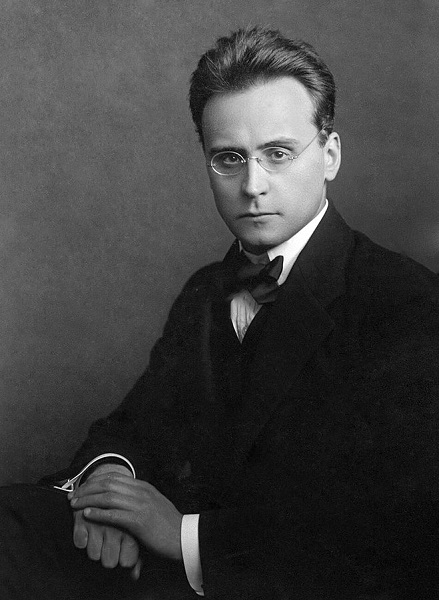
Born in Vienna, Dec 3, 1883
Died in Mittersill, Sept 15, 19451
Short biography
More extended biography

Born in Windischgraz, Styria [now Slovenjgradec, Slovenia], March 13, 1860
Died in Vienna, Feb 22, 1903
Eric Sams and Susan Youens, “Wolf, Hugo.” Grove Music Online (2001). accessed August 13, 2021, https://www.oxfordmusiconline.com/grovemusic/view/10.1093/gmo/9781561592630.001.0001/omo-9781561592630-e-0000052073.
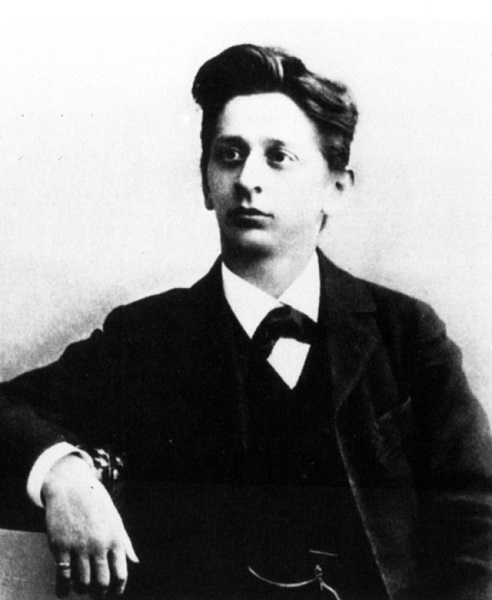
Born in Vienna, Oct 14, 1871
Died in Larchmont, NY, March 15, 1942
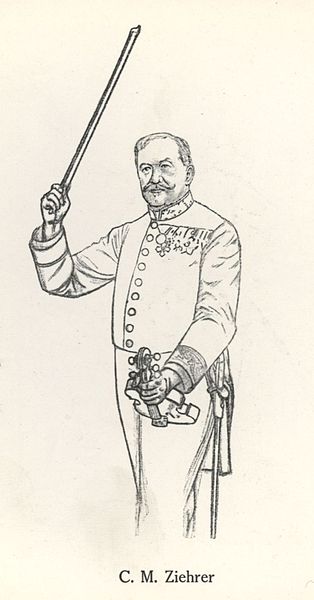
Born in Vienna, May 2, 1843
Died in Vienna, Nov 14, 192237